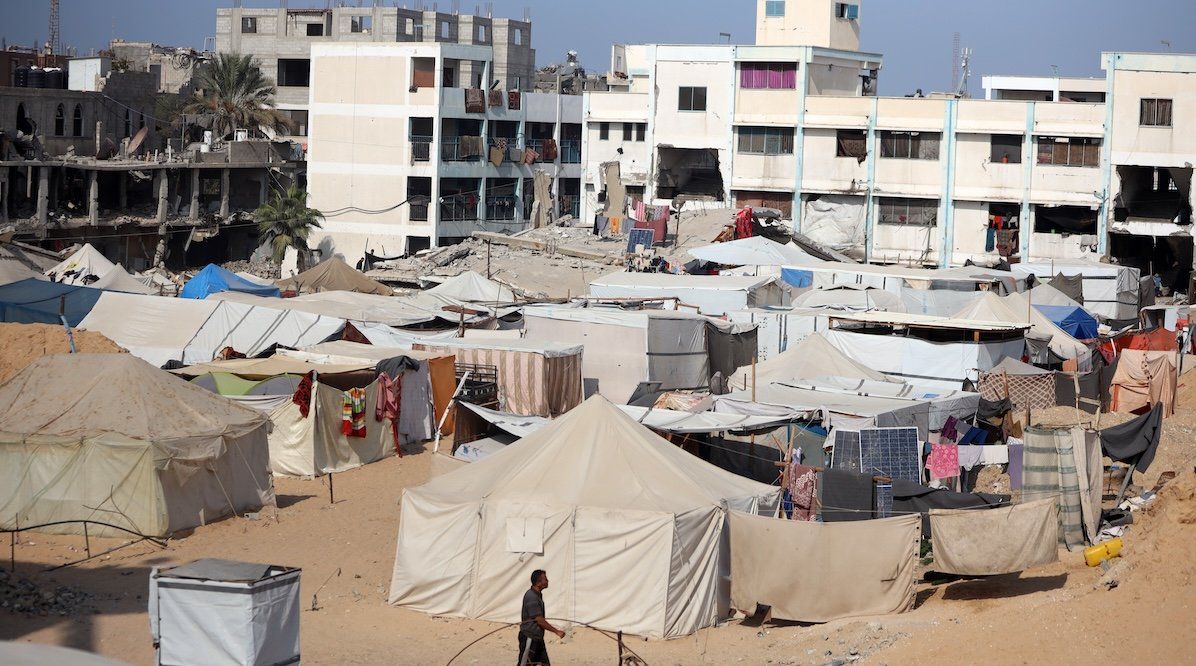30: On Monday, Israeli officials announced they have expanded a humanitarian zone in southern Gaza just ahead of the expiration of the Biden administration’s
30-day deadline to provide more aid to Gaza’s civilian population. US officials have warned that failure to comply could have “implications for US policy,” including on US materiel support for Israel. It remains unclear whether Israel’s plan will offer Palestinians much help or satisfy US demands.
84,653: The price of bitcoin hit a record high of $84,653 on Monday afternoon on hopes that President-elect Donald Trump will offer cryptocurrency-friendly policies. A year ago, bitcoin sold for about $37,000.
7: An immigration court in Italy has rejected Prime Minister Giorgia Meloni’s bid to detain Europe-bound asylum-seekers in Albania. The judge ruled that seven Bangladeshi and Egyptian men brought to Albania by an Italian warship must be taken to Italy and remain there as they await a decision on their asylum application.
30: Though the inflation rate has cooled across wealthy countries, average price levels across the OECD remained about 30% higher in September 2024 than in December 2019, before COVID and Russia’s invasion of Ukraine sent inflation surging.
51: A book called “The Early Work of Aubrey Beardsley” was returned to a public library in Massachusetts last week. The book was due for return on May 22, 1973, making it
51 years late. President-elect
Donald Trump has vowed that China’s government will pay the fine. (Just kidding.) The Worcester Public Library does not charge late fees.
